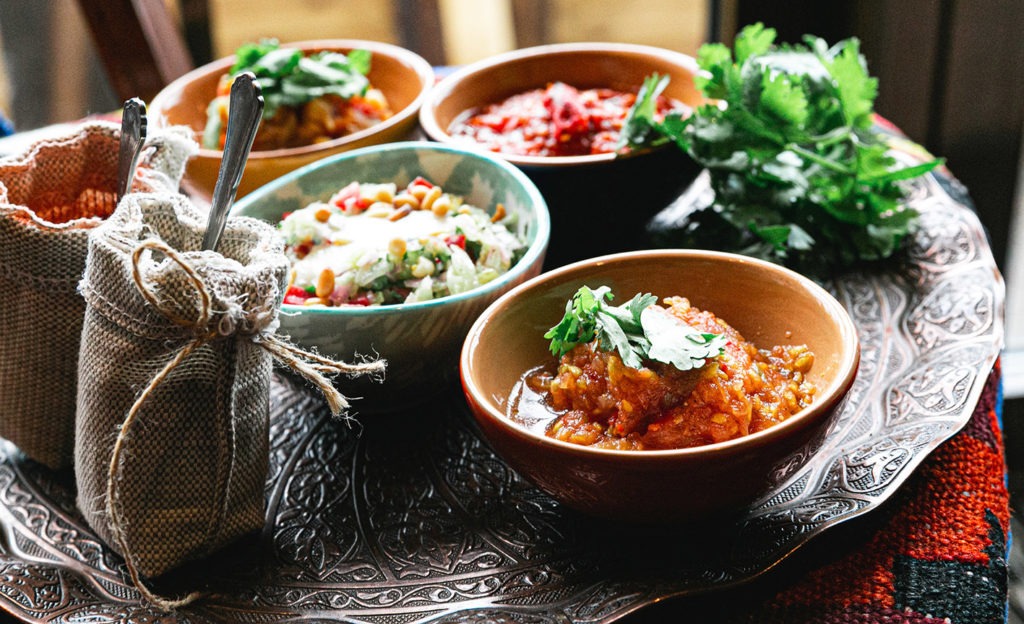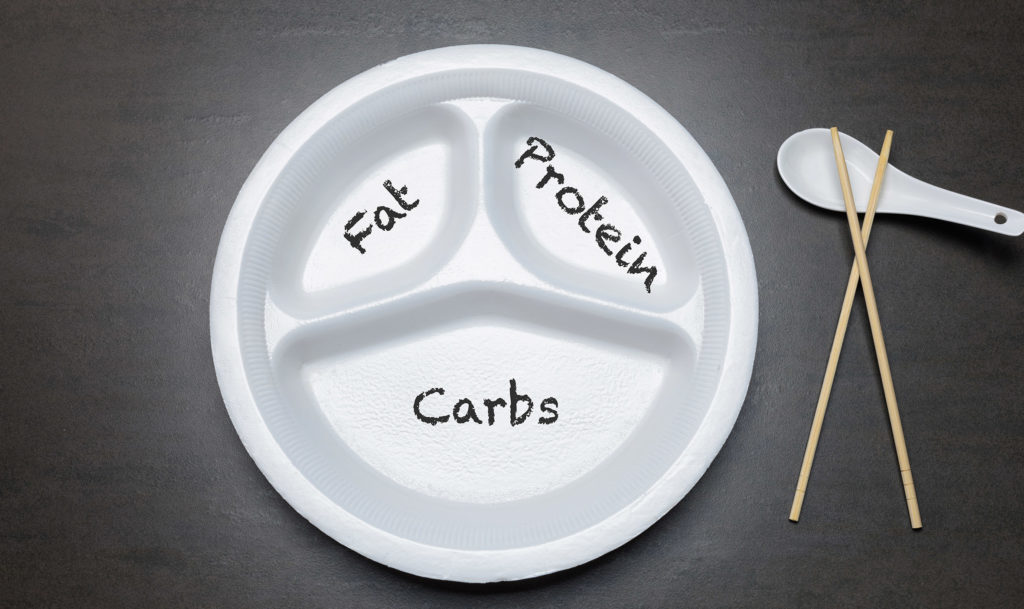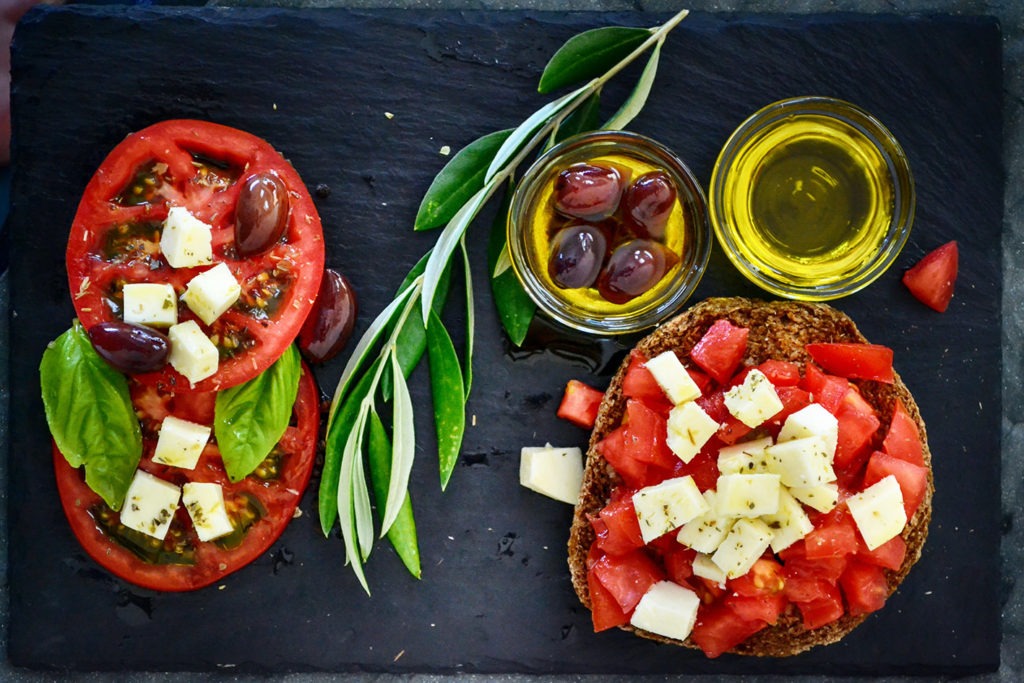Spice, old flies and a double espresso
Did spice-heavy cuisines evolve as a way to beat food poisoning in hotter climates? And do we really need to restrict our food intake to live longer? We digest some of the latest intriguing nutrition research, including new dietary advice on how you can keep your heart healthy and your memory sharp well into your seventies and beyond.

Spicy food theory just hot air
With many of us now more concerned about foodborne illness, when you tuck in to a tikka masala or jungle curry you might find yourself asking a burning question: are spices traditionally used in dishes to help stop infection? The quick takeaway is… probably not.
Researchers from the Australian National University decided to explore why hot countries tend to eat more spicy food. This pattern has led to what some have termed “Darwinian gastronomy” – a tummy-led cultural evolutionary process in countries with hotter climates.

“The theory is that spicy foods helped people survive in hot climates where the risk of infection from food can have a big cost in terms of health and survival,” says Professor Lindell Bromham, who led the study. “But we found that this theory doesn’t hold up.
“Spicier food is found in hotter countries, but our analysis provides no clear reason to believe that this is primarily a cultural adaptation to reducing infection risk from food.”
Maybe the reason why many cultures love to hero spice in their cuisine is simply because it tastes sensational. But whatever the rationale behind it, using spice can still potentially reduce the risk of food poisoning, with previous research finding that spices such as cinnamon can act as an antibacterial agent. Spices are also associated with a wide range of health benefits, including a healthy immune system, a faster metabolism and reduced inflammation. So keep spicing up your life and enjoy all the benefits it brings.

You could live longer without eating less
Okay, that does sound pretty awesome, but don’t go nuts on the ice cream just yet. It’s true that scientists have known for ages that restricting food can extend lifespan, but they didn’t know how. Now researchers from Monash University might have provided a new insight.
Evidence over the last 15 years has increasingly focused on the role of protein, with animals found to live longer if they eat less of this macronutrient. Using dietary manipulation in flies (sounds fiddly), the researchers found that protein is important in lifespan, but only because it changes the availability of another key nutrient – cholesterol.
When flies eat high-protein diets, they’re triggered to commit key nutrients like cholesterol for reproduction – at the expense of maintaining their own body. This shortens their life.

Previously, it was thought low-protein diets increased lifespan by reducing reproduction. Instead, more protein leads to increased reproduction, depleting the mother of micronutrient stores at a rate faster than they can be replenished, and this is what shortens her life. When the research team fed the flies more cholesterol, the flies lived longer.
While flies clearly have different dietary needs than humans (they need cholesterol in their diet while we make our own), we have our own nutritional needs, which increase during reproduction. This is why pregnant women are encouraged to take folate supplements.
“Humans restrict calorie intake in the hope of living longer, healthier lives,” says co-study author Dr Matthew Piper. “Our study shows that perhaps people don’t need to eat less to live longer, but instead consume a rich food diet that’s modified to be correctly balanced.”

Eat Med, stay sharp
Speaking of rich food diets, the king of healthy eating patterns – the Mediterranean diet – could not only help you maintain a healthy heart and reduce your risk of stroke, it could also help you to stay mentally sharp in later life, according to a new study in Experimental Gerontology. Sticking to this primarily plant-based diet was associated with higher scores on a range of memory and thinking tests among adults in their late 70s, the research found.
Researchers tested the thinking skills of more than 500 people aged 79. The participants completed tests of problem solving, thinking speed, memory and word knowledge, as well as a questionnaire about their eating habits during the previous year.

Findings showed that people who closely adhered to a Med diet had the highest cognitive function scores, even when accounting for childhood IQ, smoking, physical activity and health factors. The researchers say the differences were small but statistically significant.
The individual components of the diet that appeared to be most strongly associated with better thinking skills were green leafy vegetables and a lower red meat intake. The researchers say the latest findings add to the evidence that a healthier lifestyle, of which diet is one aspect, is associated with better thinking skills in later life.

Go on, have that extra cup
Great news for those of us who needed a cup or three to get through Monday morning: new research published in the journal Circulation: Heart Failure suggests drinking one or more cups of coffee could reduce your risk of heart failure.
Researchers combed through reams of data from a number of highly-regarded long-term health studies involving more than 21,000 people
Their analysis revealed that people who drank one or more cups of caffeinated coffee a day had a decreased long-term heart failure risk. In some studies, the risk of heart failure over the course of decades decreased by five to 12 percent per cup per day of coffee, compared with no coffee consumption. In another study, the risk of heart failure was about 30 percent lower in people who drank at least two cups a day. That’s us sorted, then.

Drinking decaf appeared to have an opposite effect on heart failure risk – with one study showing it significantly increased the risk of heart failure.
“The association between caffeine and heart failure risk reduction was surprising,” admits Dr David Kao, senior study author. “Coffee and caffeine are often considered to be ‘bad’ for the heart because people associate them with palpitations and high blood pressure. The consistent relationship between increasing caffeine consumption and decreasing heart failure risk turns that assumption on its head.”









